THE ILA JNR THE GUIDE
A guide to the Junior Independent Learning Assignment
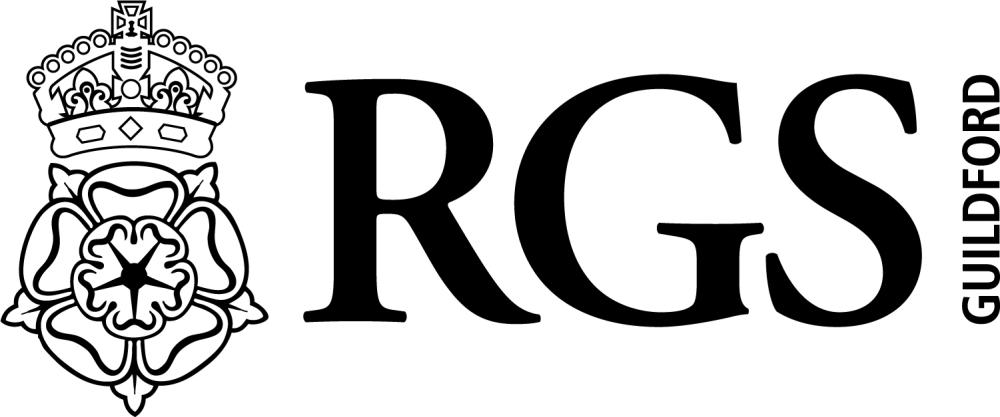


The ILA JNR (Junior Independent Learning Assignment) is a brand new opportunity offered within our Scholarship for All programme. It is open to all students in the Third and Fourth Form.
The ILA JNR gives you the opportunity to carry out independent research into an area of your choice and then produce an extended report. Support will be provided by Sixth Form mentors, based on their own experience of completing the senior ILA (Independent Learning Assignment), and ORIS (Original Research in Science) projects. These are our bespoke independent research programmes upon which the ILA JNR is based. The ILA JNR reports will also be judged, leading to the presentation of the ILA JNR awards.
Over the next few pages you will find key information to support you in completing your research project, including a timeline, advice about choosing your title, undertaking research, writing up your project and crediting your sources appropriately.
If you have any further questions then please don’t hesitate to get in touch with me or members of the Sixth Form support team.

Mrs H.E. Tarasewicz Head of Scholarship
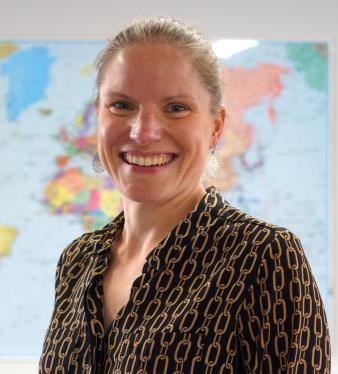
NOVEMBER
JANUARY
• ILA JNR LAUNCH
• Half term: consider possible topics to research
• Expression of interest form, deadline 4pm 07/11/25
• ILA JNR ‘How to’ sessions
• Choose title
• Drop-in support sessions
• Begin research
• Optional ongoing research
• Assignment of mentors
• Meetings with mentors
• Write up report
• Hand in deadline: Monday 23rd February 2026 early in Trinity Term: ILA JNR Celebration Evening
FEBRUARY
Before a researcher comes up with a research question they must first identify the topic they want to study.
As you need to find a subject that genuinely interests you, it is worth investing time in that choice:
• Think of a topic that matters/affects a lot of people across time or geographical space, in their social, economic, ethical, cultural and/or political lives.
• Think of a topic that provides opportunity for wide discussion
• If it is a scientific, mathematical or technological research topic, think of a topic that allows for some debate to be opened up, with a range of views based on strong principles, or that has an application to a specific problem, or that is not a closed question.
Current events, your favourite subjects or those you may wish to study at university might be good sources for you when thinking about a topic area.
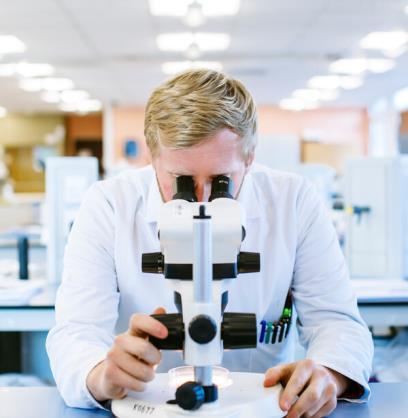
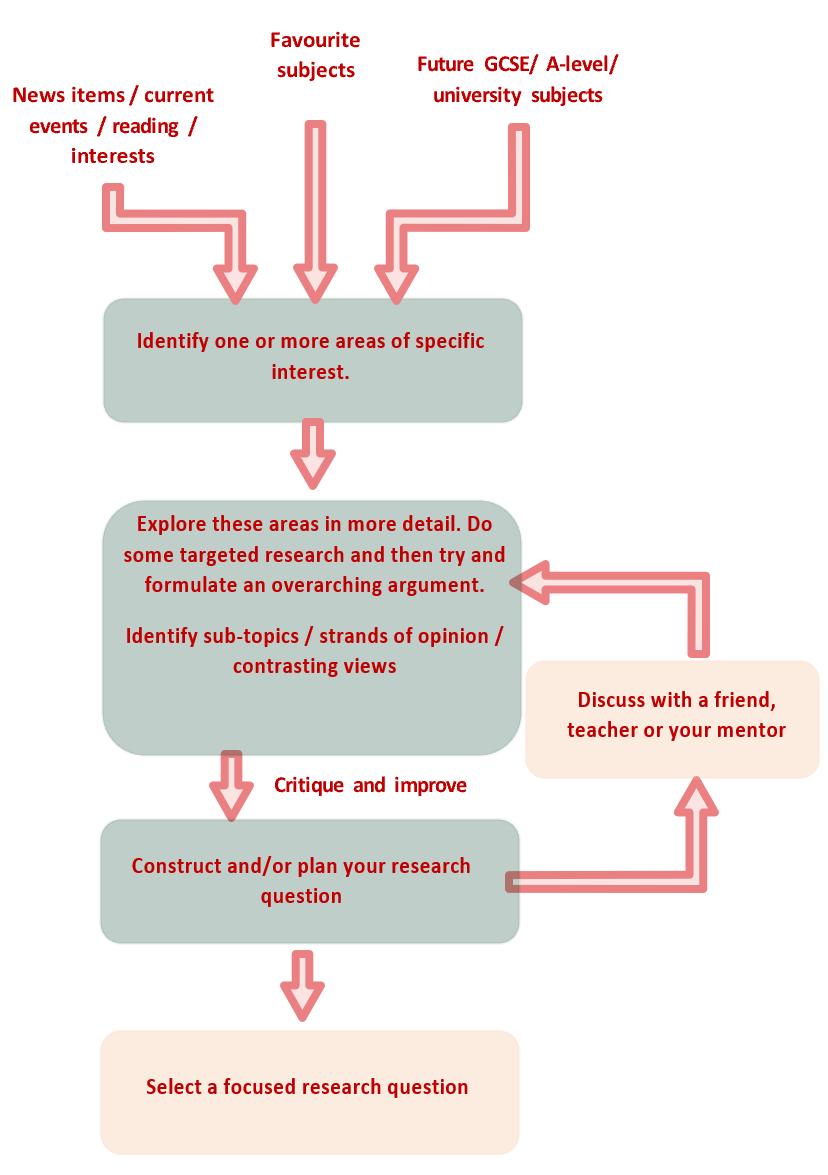
At this stage, you might find it very useful to create a mind map or similar overview of your area of interest. This will form an excellent basis for the next stage of the process, which is deciding on your specific research title.
Formulating a good research question – getting the wording right – forms a core part of the research process.
Having chosen your topic, your next task is to develop an appropriate research question. This question will probably become the title of your final report.
A good research question will be open to debate: it should address something that can be evaluated for which there is no simple solution. There must be room for you to develop your own interpretation of your research question in your research report, so you need to develop a voice of your own and a perspective of your own on your topic.
You also need to make sure that your research question is sufficiently focused. If it is too broad then you’ll be swamped by too much information. The aim is to know a lot about a specific area, rather than a little about a large area.
Furthermore, don’t be worried about your research question changing over time and don’t worry about making mistakes when you start.
One task you could try here is called ‘exploding terms’. Take each word in your question and make a list of other alternatives that would help to make your research more specific and focused
Let’s imagine that your research question was ‘How does depression affect women?’. At this stage, your research project would have to cover all different types of depression, but it could be made more focused by specifying a particular type of depression. The same process can be applied to the other words.
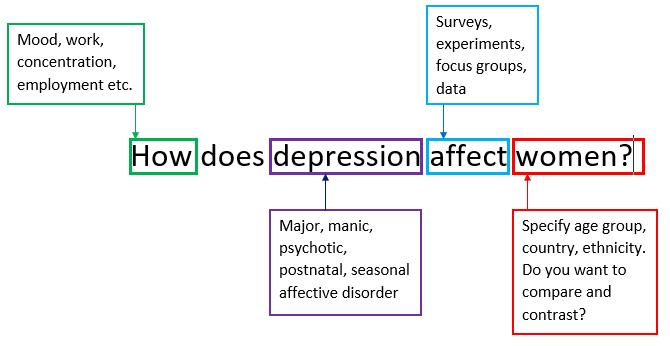
Ultimately, this might lead to a more focused and manageable research question, such as:
• How does postnatal depression affect mood in adolescent British/Indian women (aged 16-19)?
• How does manic depression impact women aged 40-60 in maintaining employment in the UK?
The rise of the internet has meant that finding information about almost anything is no more than a few clicks away. However, the information produced by the internet is not aways ‘good’ information. Sometimes it may not be particularly relevant to the specific question that you are trying to research, or it may not be very trustworthy. Over the next few pages you will find some guidance about how to find information that is both relevant and reliable.
Although the internet can be a very convenient way to gather lots of information in a short amount of time, there are many other sources of information, many of which may provide you with more reliable and relevant information than the internet.
These might include:
• School textbooks
• Reference books
• Newspapers and magazines
• Academic journals
• Teachers or other people with specialist knowledge
• TV shows
• Podcasts Can you think of any more?
Aim to gather information from at least three sources other than the internet as part of your research
Knowing whether or not you can trust a source can be very difficult, depending on what it is. Primarily you will need to use your common sense to help you decide.
The most trustworthy sources of information are probably peerreviewed academic articles. Before they are published these articles are read and feedback is provided by other experts in the field. Books written by a known author and published by a wellknown and respected publishing company are also generally very trustworthy.
However, even for these highly trusted sources of information, and certainly for other sources of information, you will have to make your own judgements.
The following questions can be useful for helping you to decide how much you can trust a source for use in your research:
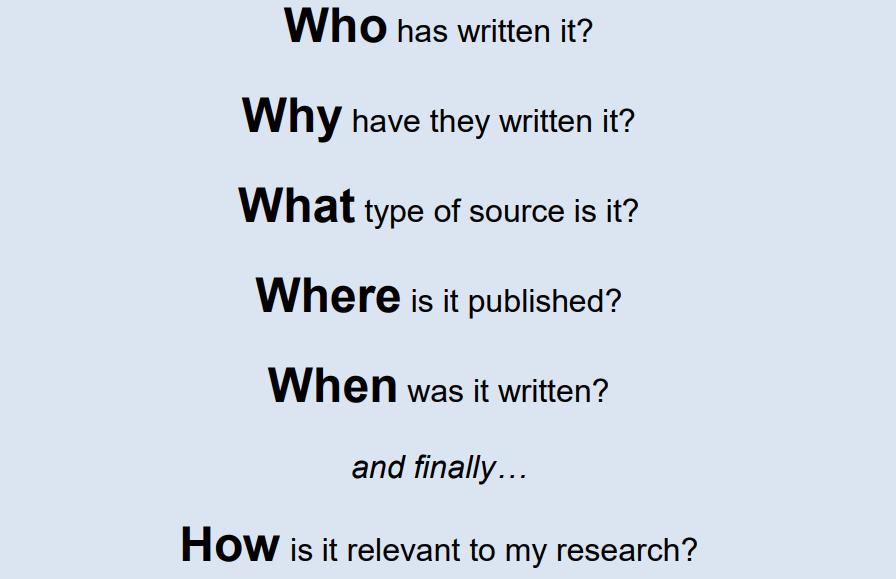
The Mallison Library in school can provide you with a wide range of paper-based resources to help with your research.
However, the library webpage will also give you access to a huge range of digital resources. You can explore the library homepage on SharePoint or speak to our lovely librarians who will be only too happy to help you.
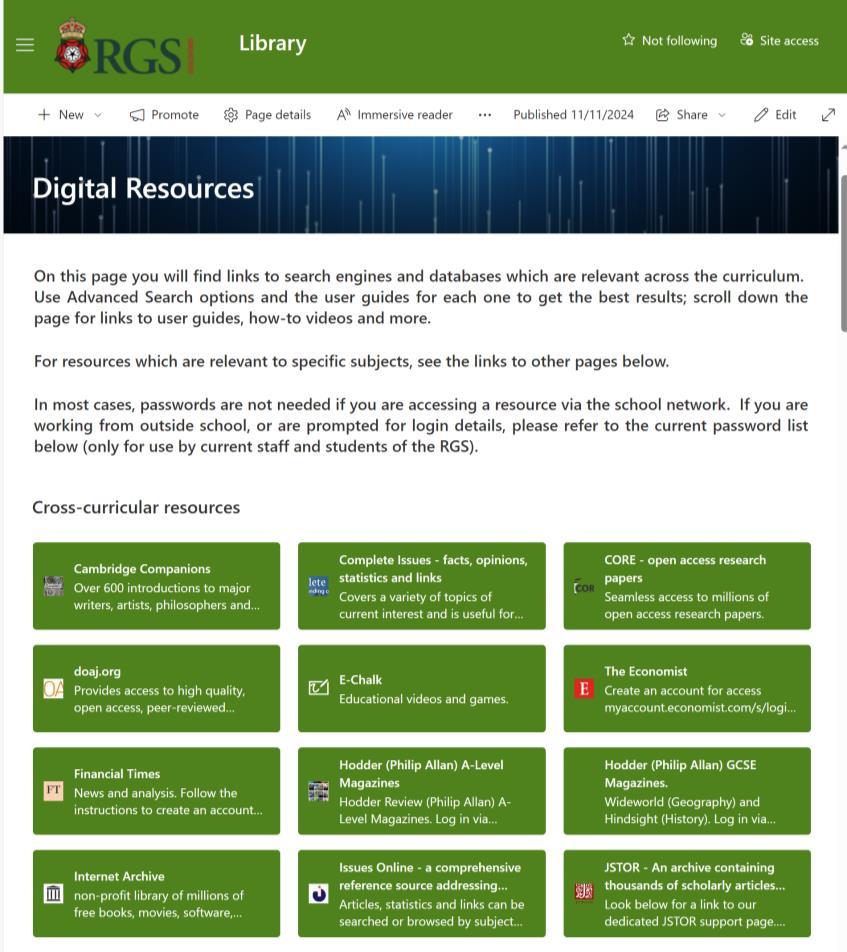
Some examples of cross-curricular digital resources available through the library webpage

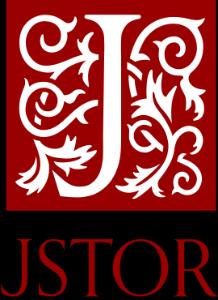


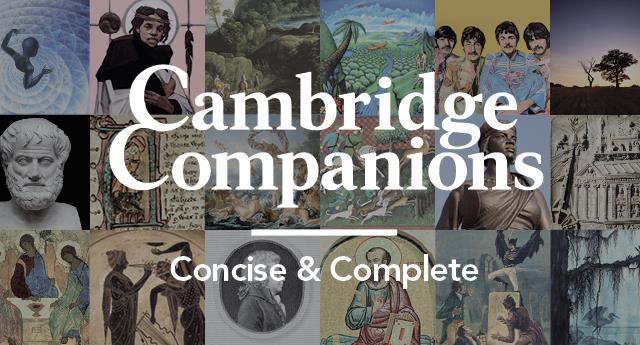
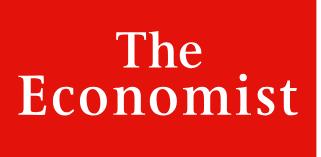

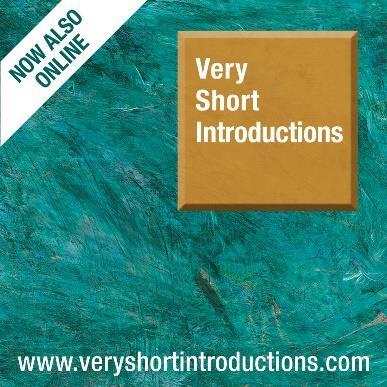
Some examples of subject-specific digital resources available through the library webpage
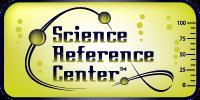





Although it is important to be mindful about the quality of the information that you collect from the internet, it nonetheless has the potential to be a very useful tool for conducting your research, as long as you use it wisely!
• Consider your search engine: for academic research, try Google Scholar rather than Google. You can also get access to a number of online searchable digital libraries, such as JSTOR, via the school library website.
• Consider your search terms: phrase your search question carefully to ensure that you are getting information that is relevant
• Assess the reliability of the information: use the questions on the previous page to help you decide how much you can trust online information that you have found. In particular, be wary of information that doesn’t have a named author or a date.
Above all, it is vital that you keep a list of all of the sources of information that you use.
This can be a simple word document where you copy and paste the web address of any websites that you visit, as well as noting down the name of any books and other sources that you use.
This will be vital for putting together your Bibliography, which you will find out more about in the Referencing section.
Reading quickly and efficiently to get to the information you need is an important skill when researching. There’s often a lot of detail in a long academic document that won’t necessarily help your project.
Use a skimming technique to help get to the material you need fast.
Reading the following, in the order given, will help you to get an overview as quickly as possible:
1. Title
2. Contents page (if there is one)
3. Introduction (or first chapter/ first paragraph)
4. Conclusion (or last chapter/ last paragraph)
5. First paragraph of each chapter (or first line of each paragraph)
If you have time, you can also read the final paragraph of each chapter/ line of each paragraph), as well as reading in full chapter/ paragraphs that particularly interest you.
Note-taking does not mean writing everything down. Efficient note making involves noting down only the relevant and important information in a well organised way, as well as adding your own thoughts. Efficient notes should include the following: You may want to try using the Cornell note-taking system. More information on this can be found here: The Cornell Note Taking System – Learning Strategies Center
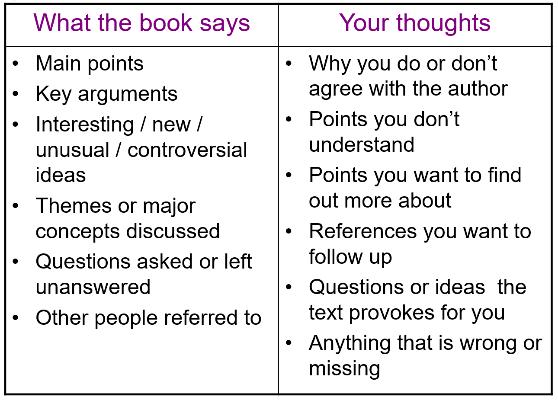
If you have followed the advice in this guide you should not have arrived at this stage empty handed! The advice throughout has been that you should be organised, thorough and thoughtful in your research. If you have done this well then you should already have a lot of material that, with some editing, can be added straight into your research report.
More is not always better, and this is certainly the case when it comes to word count.
The advised word limit for your report is 2000 words.
Although you will not automatically be penalised if you go over this, a report that is overly wordy, waffly or vague does not read well. This will detract from the overall quality of your report and will be reflected in the marking feedback that you get.
Learning how to write concisely is an important life skill, which will be important for coursework and essays at GCSE and beyond. Hopefully this will be a good opportunity for you to develop that skill.
Having finished your research, spend time carefully organising your ideas:
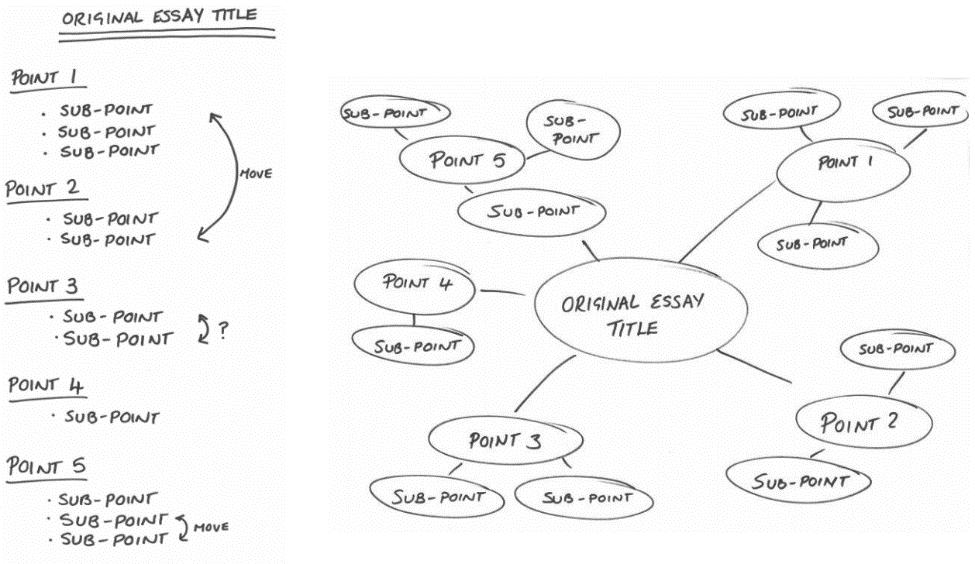
Most research reports fall naturally into 3 sections: an introduction, the main body of the essay and a conclusion.
However, this is not always the case. If your project was based on a scientific experiment or on making something, then you may decide that you need to organise your final report in a different way.
• Introduce the topic of the essay
• Give basic background that’s relevant to the essay’s topic
• Provide and clarify key terminology that you will use throughout
Introduction
• Put forward a summary of what you will argue and how it will be structured in answer to the research question
• Answer the essay question!
• This is where the bulk of your research must be clearly presented
• Present and/or argue your points methodically, ensuring all statements are supported by research (which you must credit)
• Ensure your arguments are balanced and state bias where it can be found in sources used
• This is a critical part of your essay as you must concisely bring together all your key arguments
• Your reader must understand clearly your answer to the essay question and be in no doubt as to how you have supported your answer and come to the conclusion(s) you have
Conclusion
• This is also your opportunity to put forward any limitations you faced, such as problems obtaining, raising or understanding sources, conflicting sources of information etc
After the submission deadline on 24th February, your final report will be read and you will be provided with feedback. The person reading your report will be using the following criteria to help them in their assessment. These criteria will also form the basis of the judgements for the ILA JNR awards.
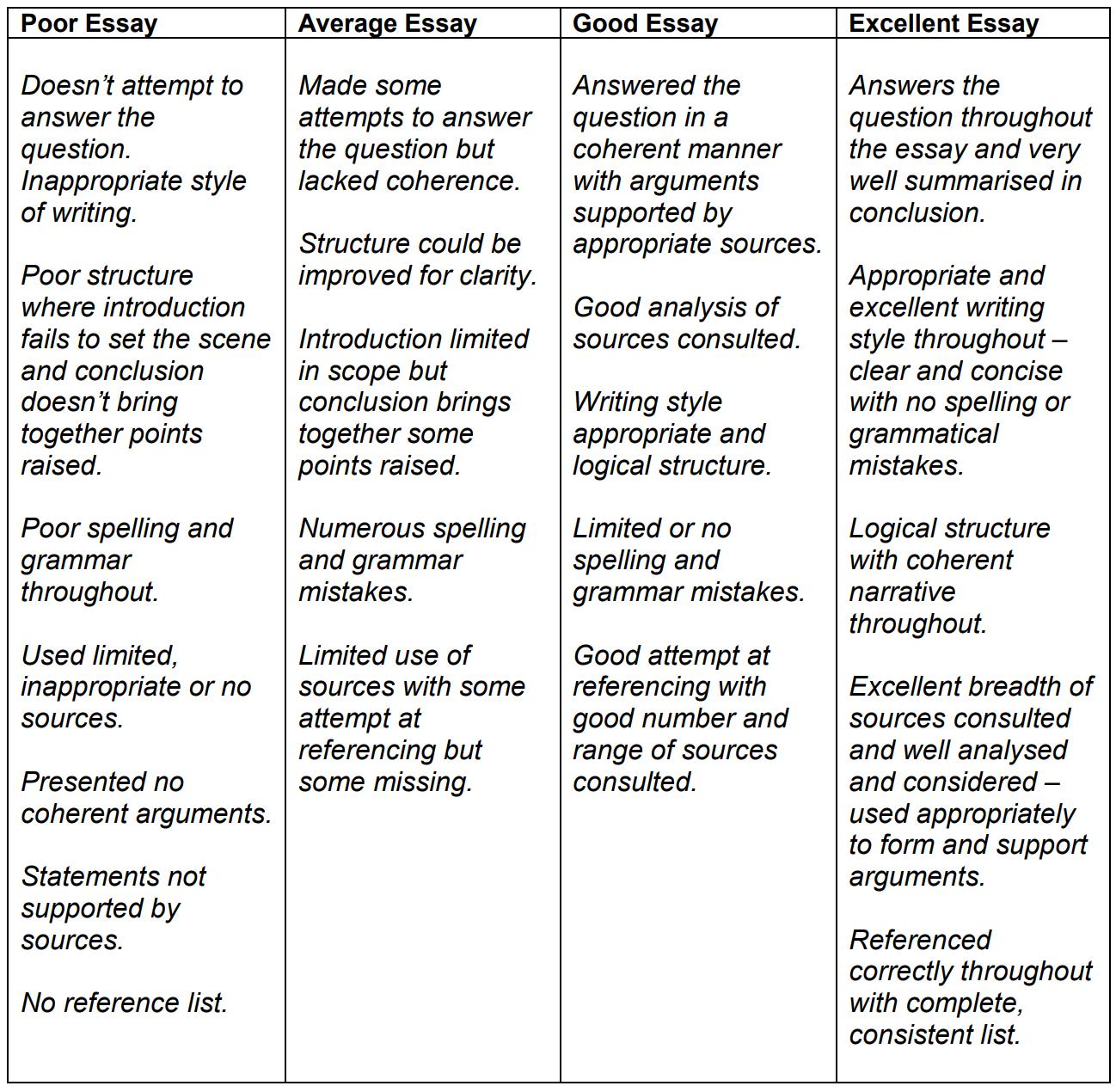
Referencing means acknowledging the sources that you have used for your research and/ or referred to in your work.
It is vital that you acknowledge all of the sources that you have used to avoid any risk of plagiarism.
Plagiarism is the practice of taking someone else's work or ideas and passing them off as one's own.
A simple form of referencing would involve putting a bibliography at the end of your report. A bibliography is essentially a list of all of the sources that you have used throughout your research and writing process.

As you were reminded earlier in this guide, it is vital that you keep a log of every source that you use as you collect your evidence. Trying to remember all of this information at the end of the process will be much harder than if you do it as you go along.
Alternatively, you may choose to refer to the sources that you have used as you go along. This is known as in-text citations and is the best type of referencing.
There are various ways to do in-text citations, including footnotes. However, the Harvard referencing system is usually recognised as the best option.
In its simplest form, Harvard referencing involves putting the surname of the author(s) and the date of publication of the source in brackets after you have referred to anything written in that source
e.g. It is suggested that one mechanism for the increase in haemoglobin levels observed may be due to a homeostatic response to the increased blood plasma volume associated with heat adaptation (Plews and Hayes, 2024).
The full name, date, author list and publisher of each source referred to in the text should then be given in a bibliography.
A number of excellent websites exist to explain exactly how to make in text citations for different types of source (website, newspaper, podcast etc) as well as exactly how to write a bibliography in the Harvard style. www.citethemrightonline.com is excellent. The school library website also contains some very helpful resources about referencing, which the librarians will be happy to talk through with you.
Book in-text citation:
“Following the advice given by Flowerdew and Martin (2013), …”
“ ..‘in studies of domestic situations it is important to interview all the household members’…” (Flowerdew and Martin, 2013, p.115)
Book bibliography citation:
Flowerdew, R. and Martin, D. (2013) Methods in human geography. 2nd edn. Abingdon: Routledge
Websites in-text citations: (if key referencing information is missing, how suitable is the page as a source?)
“’The South Marine Plan… aims to ensure that the decisions made consider the economic and environmental sustainability.’ (Dorset Coast Forum, 2017)”
“Dorset Coast Forum’s explanation (2017) of the South Marine Plan sets out…”
Website bibliography citation:
Dorset Coast Forum (2017) South coast marine plans. Available at:
https://www.dorsetcoast.com/resources/south-coastmarine-plans/ (Accessed 25 March 2020).
There are some technical aspects to the format of different referencing schemes, and you will find that even within one scheme. However, all of the systems include the same essential information, which will allow readers to identify your sources. As long as you are doing this, then that is a great start.
Above all, the most important thing is that you are trying to appropriately credit your sources and that you are developing good skills and habits that will stand you in good stead in the future.
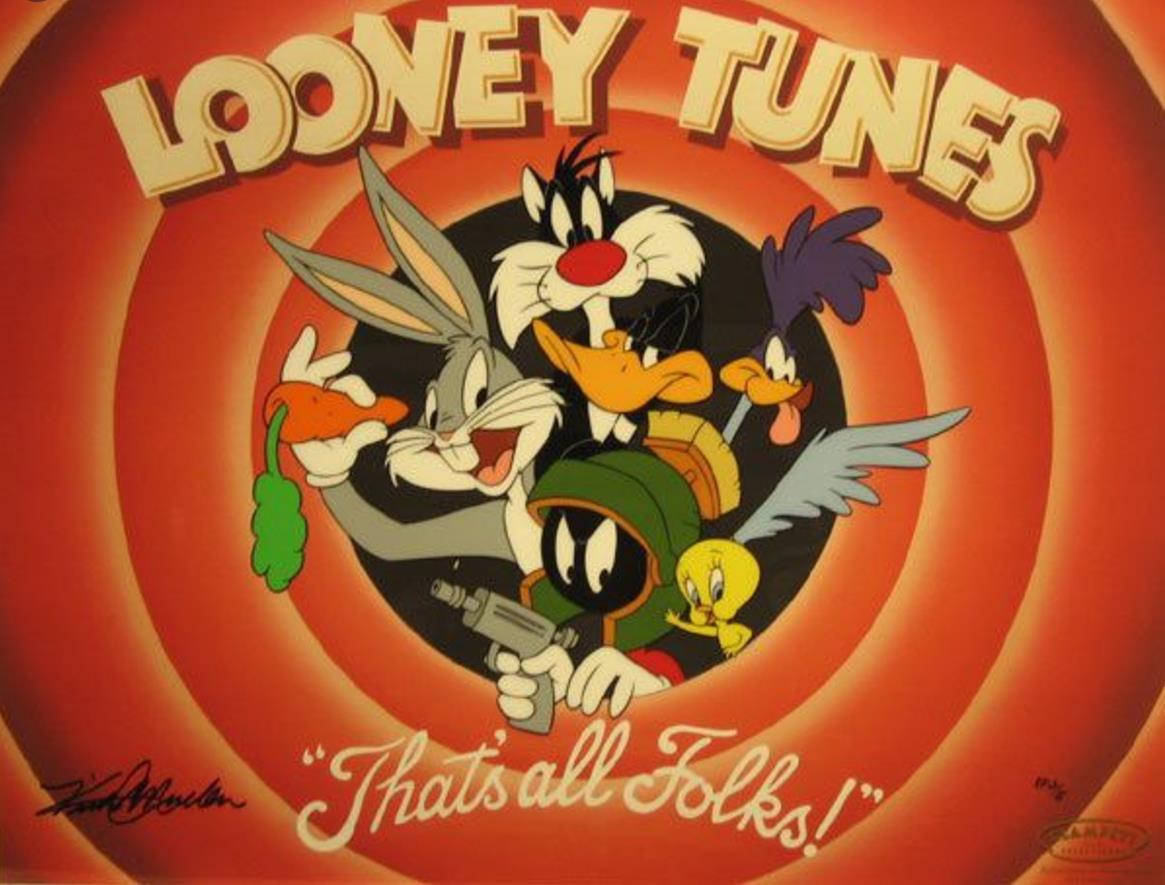
Thank you to the Universities of Cambridge, Harvard, Durham, Bristol, Manchester, York, Newcastle, Southampton and The UEA. This guide is based upon their many and excellent resources for schools. Thank you also to Mrs Farthing in the school library for her significant input in updating and amending this